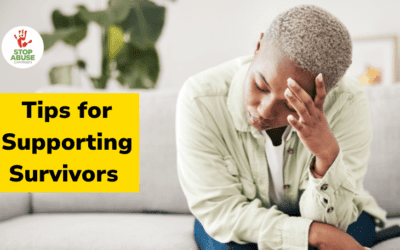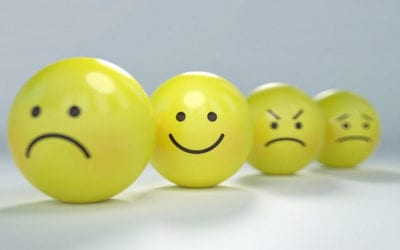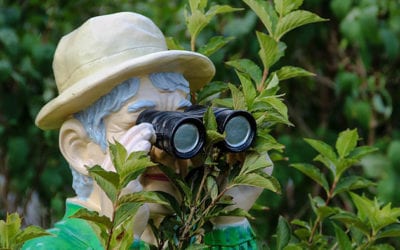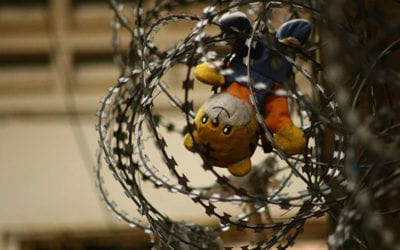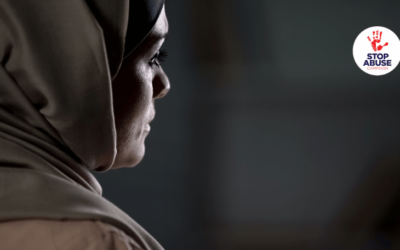Welcome to the
Stop Abuse Campaign
Protecting children from adverse childhood experiences, empowering generations to reach their full potential.
The Problem We Solve
We protect children from adverse childhood experiences. These include ten forms of trauma that significantly impact mental and physical health, financial stability, education, and our chance of having a negative relationship with the criminal justice system.
Our success will dramatically reduce prison and homeless populations and many of the leading causes of death, including cancer, heart disease, and suicide.
Preventing adverse childhood experiences allows children to realize their full potential, increasing the pool of bright minds who deliver solutions to the world’s most significant challenges.
“The first right of any victim is not to be one. We can prevent children from being harmed.”
Our Values

Evidence-Based
Grounded in evidence, we educate communities and influence policies using credible studies. We champion research, value expert contributions, and offer insights to other research fields, turning to expert opinions when studies are lacking.

Individual Dignity
We value all human potential. We advocate a perspective that is pro-feminist, gay-affirmative, anti-racist, dedicated to enhancing children’s lives

Trauma-Informed
Guided by trauma-awareness, we recognize childhood traumas’ impact and work to lessen their effects by reducing fear and emphasizing external causes. We trust and support abuse survivors, reject victim-blaming, and believe there’s honor in being a supporter.

Innovative
Innovative and not constrained by the status quo, we actively look for ways to improve and create positive change. Because we are solution-focused, we collaborate and ask why not. We collaborate and challenge limitations
Our Programs
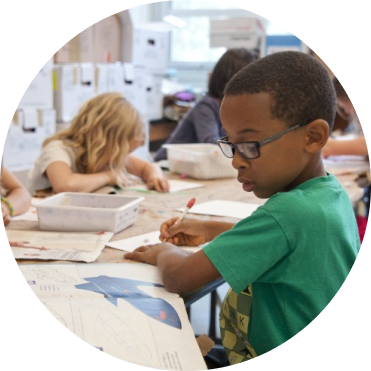
Adverse Childhood Experience Education
Our website has a growing library of information on childhood trauma known as adverse childhood experiences.
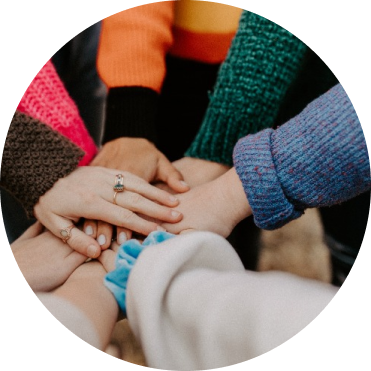
Community Partnerships
We address crime, addiction, and poverty by focusing on childhood trauma, providing innovative solutions grounded in science that address the route causes rather than the symptoms.
Do you have ACEs?
Adverse Childhood Experiences prevent us from leading
healthy and happy lives. Are you ready to check your ACE score?
Donate
We genuinely appreciate your generous donation, and as a token of our gratitude, we would like to offer you the delightful gift of a delicious cookie, which we will promptly send to your home
$18
/mo
100% goes to our projects
$30
/mo
100% goes to our projects
$100
/mo
100% goes to our projects
Custom
/mo
100% goes to our projects
Latest Articles
5 tips for friends of survivors
Your friend has just told you that they have been sexually assaulted, abused, stalked or raped and you want to support them but you’re not sure what they need. Maybe it happened to them decades ago, in childhood, or maybe it was as recent as today. You want to help your friend in any way you can. Situations may vary, but here are 5 tips for friends of survivors.
How to cope with anxiety
Having anxiety is difficult to explain to people. Sometimes, you feel like everything is falling into place, and the next, your world feels like it’s crashing down on you. Stress, feelings of neglect, worries about the future, all of these can combine into an anxiety episode or attack.
9 things to know about consent
The word “consent” gets thrown around as if everyone understands it. The basics are easy, but the nuances of consent can get complicated.
How to spot a sex offender
How do you spot a sex offender? Sex offenders cannot be profiled. There is no specific race, gender, sexual orientation, or education level that defines us.
New York State to invest more in breaking cycle of abuse
New York’s Maternal Home Visiting Programs protect children from Adverse Childhood Experiences like abuse and neglect. Why do we invest so little in them?
My recovery as a sex offender
My recovery as a sex offender started when I stopped making excuses. And it started in the hostile environment of a prison.
Reasons family members side with sexual abusers
Many survivors open up about their abuse only to find that family reactions are just as painful, if not more so, than the original trauma.
